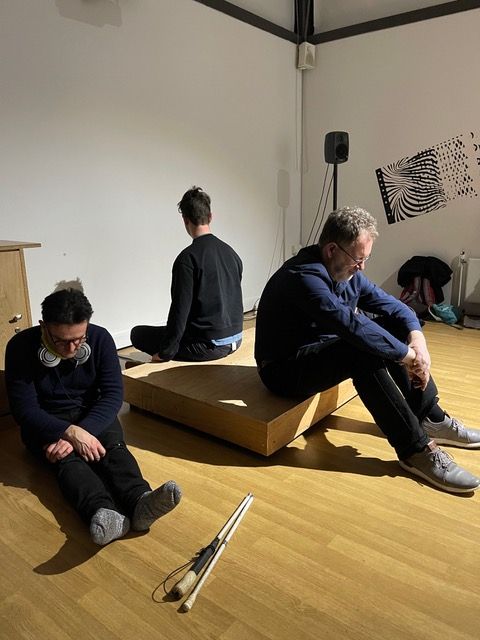Aural Diversity and its Consequences for Music

- Date: Wednesday 29 October 2025, 17:30 – 19:00
- Location: Clothworkers Centenary Concert Hall, Music
- Cost: Free
The lecture discusses how the concept of Aural Diversity can help us better understand the differences in hearing experience which affect the ways in which music is created, performed, and perceived.
Everybody hears differently! The concept of Aural Diversity recognises the vast spectrum of hearing experiences that exist within any audience — from typical hearing to various forms of deafness, tinnitus, hyperacusis, and other auditory conditions. This lecture explores how some of these differences may affect the ways in which music is created, performed, and perceived. Drawing on research from the Aural Diversity project, the talk will illustrate and discuss the implications for many forms of music-making and consider how embracing aural diversity might inspire new artistic practices and more inclusive approaches to music.
Professor Andrew Hugill is Principal Investigator on the interdisciplinary Aural Diversity project which brings together researchers and practitioners to investigate hearing differences in disciplines such as Music and Sound Studies, Acoustics and Engineering, Hearing Sciences and Audiology, Architecture and Design, Literature and History, Psychology and Neuroscience. He recently co-edited a book on Aural Diversity.

